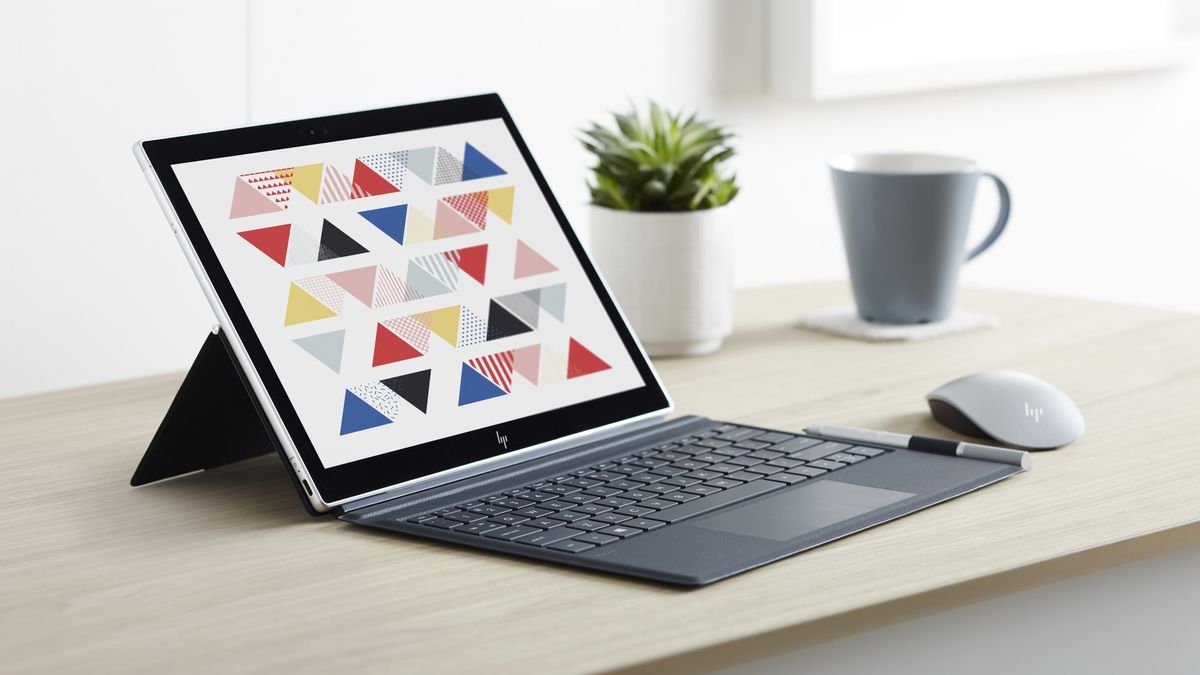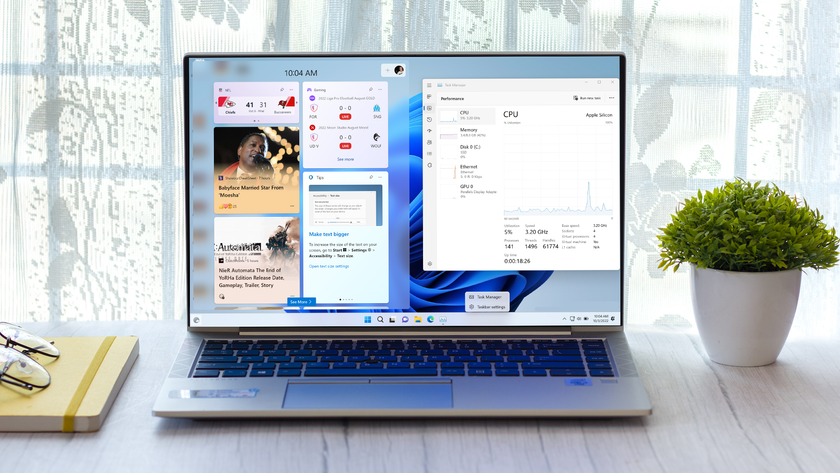Windows on ARM now supports 64-bit apps
Hopefully leads to better apps

Windows on ARM, a version of Windows 10 that can run on laptops running smartphone-like hardware, has just received a big boost, as the software now supports 64-bit ARM (ARM64) apps.
This means developers can recompile their existing Windows applications that run standard Windows 10 computers, to run natively on Windows on ARM.
Most modern apps are 64-bit, but for them to run on Windows on ARM in the past, they had to be emulated, which impacted their performance on Windows on ARM devices.
Costing an ARM and a leg
Windows on ARM devices have plenty of potential, as the ARM hardware allows for longer battery lives and instant-on boot times, much like modern smartphones.
However, current Windows on ARM devices have been criticised for being expensive, and for having poor performance compared to traditional laptops of the same price.
With developers able to recompile their apps to run natively on ARM hardware, we should hopefully see better performance, and an increased range of apps available for Windows on ARM devices. However, whether app developers will go to the trouble of recompiling their apps will depend on how successful Windows on ARM devices are.
Still, it’s a step in the right direction from Microsoft if it wants to make Windows on ARM a more enticing proposition for developers and consumers alike.
Get daily insight, inspiration and deals in your inbox
Sign up for breaking news, reviews, opinion, top tech deals, and more.
- Here’s our pick of the best laptops of 2018
Via The Verge

Matt is TechRadar's Managing Editor for Core Tech, looking after computing and mobile technology. Having written for a number of publications such as PC Plus, PC Format, T3 and Linux Format, there's no aspect of technology that Matt isn't passionate about, especially computing and PC gaming. He’s personally reviewed and used most of the laptops in our best laptops guide - and since joining TechRadar in 2014, he's reviewed over 250 laptops and computing accessories personally.
Most Popular







